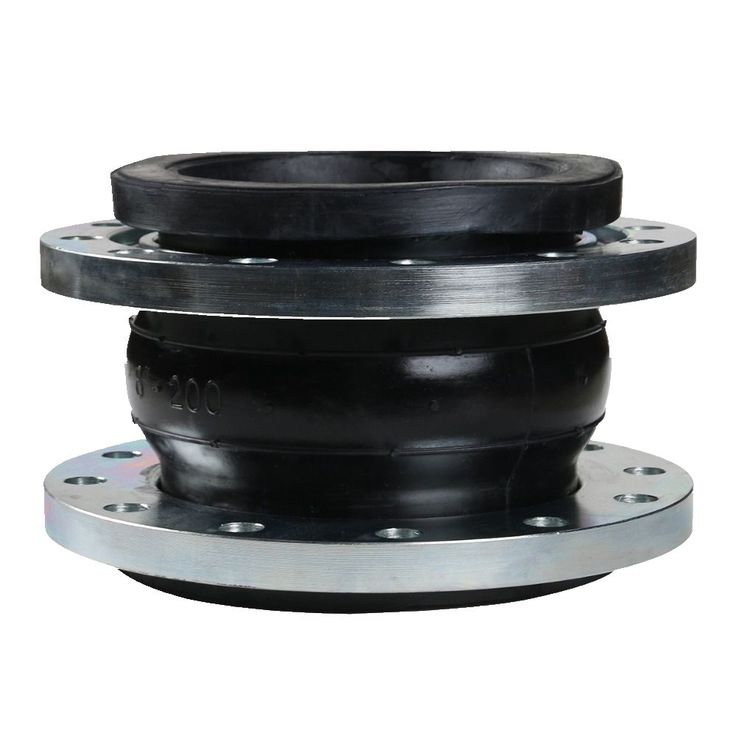Exploring Various Types and Applications of Control Valves in Industrial Settings
Control Valve Types and Applications
Control valves are integral components of various industrial processes, used to control fluid flow, pressure, temperature, and other critical parameters. Understanding the different types of control valves and their applications can significantly enhance the efficiency and safety of operations in sectors such as oil and gas, water treatment, power generation, and pharmaceuticals.
Types of Control Valves
1. Globe Valves Globe valves are characterized by their spherical body shape and are known for their excellent throttling capability. They are ideal for applications where precise flow control is necessary. These valves can be used in both liquid and gas applications, making them versatile for industries like chemical processing.
2. Ball Valves Featuring a spherical closure element, ball valves provide a quick and reliable on/off control of flow. They are less suitable for throttling but excel in applications where full flow or complete shutoff is needed. Their robust design makes them suitable for high-pressure and high-temperature environments, such as in the oil and gas industry.
3. Butterfly Valves Butterfly valves have a disc that rotates to regulate flow. They are compact, lightweight, and designed for large volume flow with minimal pressure drop. These valves are commonly used in water distribution and wastewater treatment facilities where large volumes of liquids must be controlled.
4. Gate Valves Gate valves are primarily used for on/off applications, providing minimal flow resistance when fully open. They are not suitable for flow regulation but are ideal for isolating sections of piping, commonly used in water supply systems and fire protection systems.
5. Check Valves Although not a control valve in the traditional sense, check valves are essential for preventing backflow in piping systems. They automatically close to prevent reverse flow, making them crucial in applications like heating and cooling systems.
6. Pressure Relief Valves These valves ensure that pressure within a system does not exceed safe levels. They automatically release pressure when a predetermined level is reached. Common applications include boilers, gas storage tanks, and various pressure systems requirements across industries.
7. Electronic Control Valves With the advancement of technology, electronic control valves are increasingly being utilized. They can be integrated with automated control systems, providing real-time data and precise control over fluid parameters. These valves are particularly useful in complex processes that require constant monitoring and adjustments.
control valve types and applications

Applications of Control Valves
Control valves find applications across a wide range of industries
- Oil and Gas Control valves are crucial in upstream exploration, transportation, refining, and downstream distribution processes. The precise control of fluids ensures safety and efficiency in handling hydrocarbons.
- Water Treatment In water treatment facilities, control valves regulate the flow of chemicals during treatment processes and ensure consistent water pressure in distribution systems.
- Power Generation Control valves play a vital role in power generation plants, particularly in controlling steam and cooling water systems to optimize performance and efficiency.
- Pharmaceuticals In the pharmaceutical industry, control valves are critical for maintaining precise chemical compositions and temperature control within production processes to ensure product integrity and safety.
- Food and Beverage Control valves are used in food processing to ensure the consistent flow of ingredients, manage temperature control, and maintain hygiene standards.
Conclusion
Understanding the various types of control valves and their specific applications is essential for engineers and operators in different industries. By selecting the appropriate control valve for a particular application, it is possible to enhance efficiency, ensure safety, and optimize processes. As technology continues to evolve, the integration of advanced electronic control systems will pave the way for even greater control over fluid operations, leading to improved performance and reduced operational costs.
-
Breakthrough in Domestic Low Temperature Valve Technology in ChinaNewsAug.18,2025
-
From Machinery to Intelligent Brain: The Digital Transformation Wave of the Valve IndustryNewsAug.18,2025
-
PCVEXPO 2025NewsAug.18,2025
-
The Key to Fluid Control: Exploring the Advantages of Ball Valves in Industrial SystemsNewsJul.09,2025
-
The Versatile World of 1, 2, and 3 Piece Ball ValvesNewsJul.09,2025
-
Stainless Steel Ball Valves: The Ideal Choice for Efficient Flow ControlNewsJul.09,2025
-
Optimizing Fluid Control with Ball Float ValvesNewsJul.09,2025




